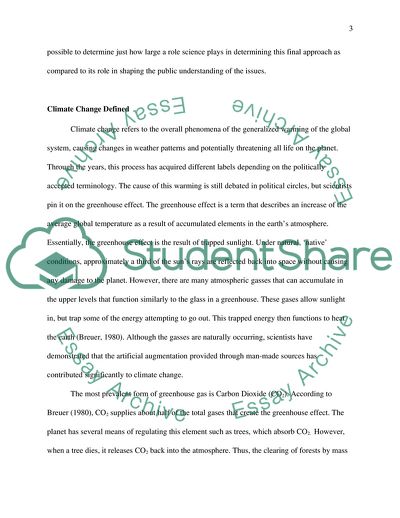Cite this document
(The Role of Science in Climate Change Coursework, n.d.)
The Role of Science in Climate Change Coursework. https://studentshare.org/science/1742790-analyse-climate-change-from-a-sociological-perspective
The Role of Science in Climate Change Coursework. https://studentshare.org/science/1742790-analyse-climate-change-from-a-sociological-perspective
(The Role of Science in Climate Change Coursework)
The Role of Science in Climate Change Coursework. https://studentshare.org/science/1742790-analyse-climate-change-from-a-sociological-perspective.
The Role of Science in Climate Change Coursework. https://studentshare.org/science/1742790-analyse-climate-change-from-a-sociological-perspective.
“The Role of Science in Climate Change Coursework”. https://studentshare.org/science/1742790-analyse-climate-change-from-a-sociological-perspective.


